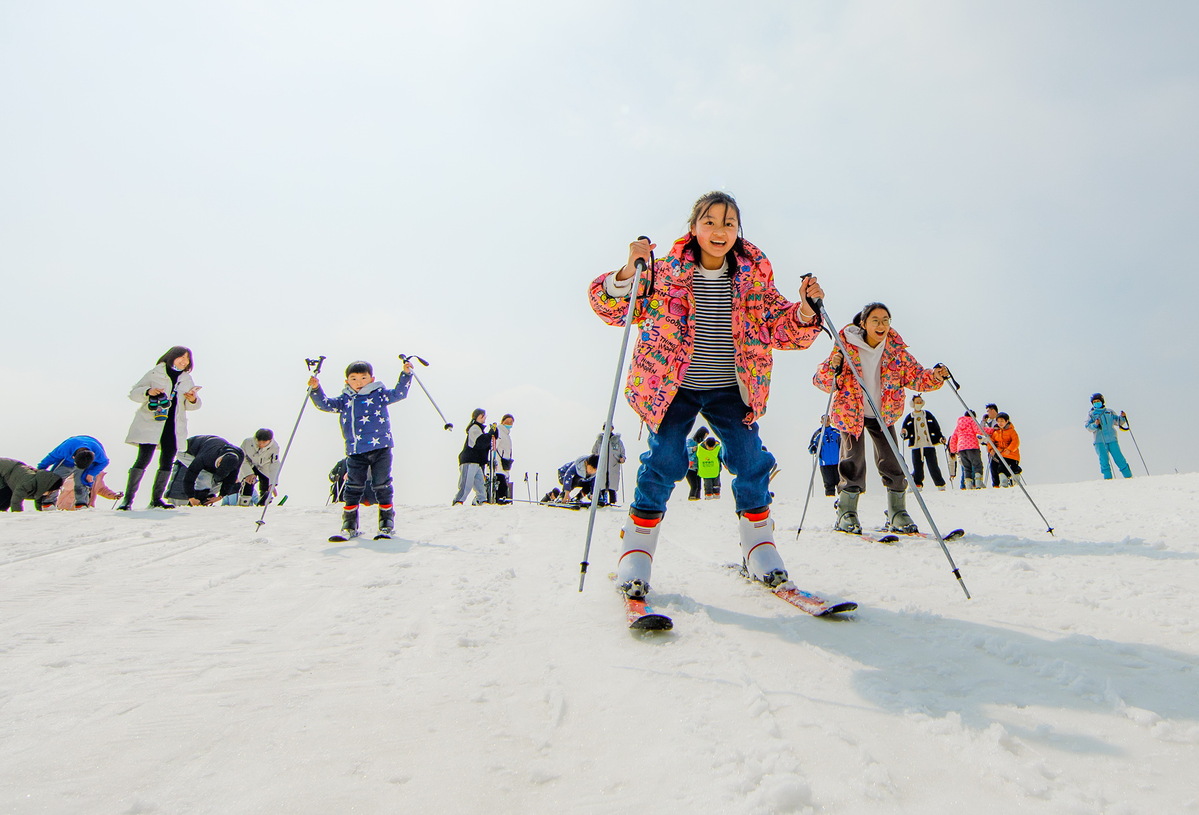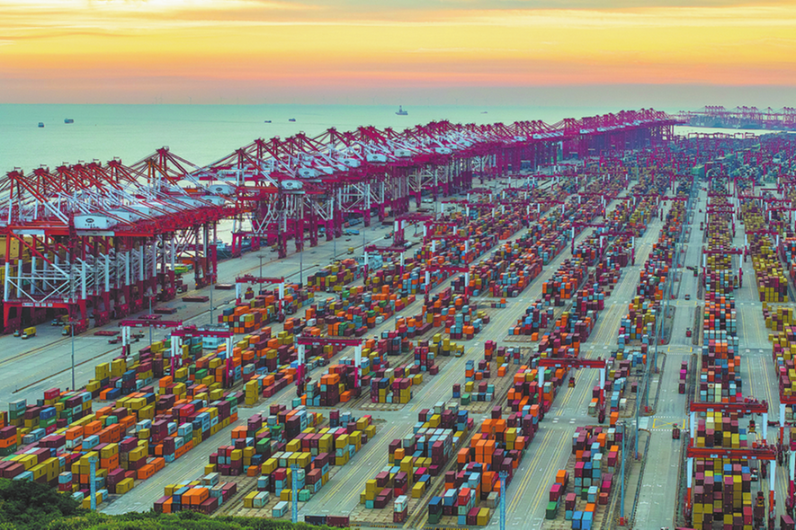Foreign enterprises ready to explore 'blue ocean' in China's Olympic economy


BEIJING -- Despite the curtains closing on the Beijing 2022 Winter Olympics, the event has opened up a new vista for the Chinese market that might potentially reshape the world's ice and snow industry, as hundreds of millions of Chinese have developed a "crush" on winter sports and foreign investors are eager to pitch in.
TechnoAlpin Snow Making Equipment, a world-leading company in snow-making, has benefited from the Games as a major supplier of snow-making equipment, systems and related technical services to the competition venues.
"The privilege of supporting such high-end ice and snow events has been a great boost to our effectiveness and reputation," said Florian Hajzeri, general manager of the firm, noting that the Games provides "the most comprehensive and widest" opportunity for the company.
The passion ignited by the Games has stimulated unparalleled zeal for winter sports in the country. Zhou Xing, PwC China Sports Industry Leader, commended that ice and snow sports are among the hottest topics in China's society and have been carried out in over 30 provincial-level regions on the Chinese mainland.
"Driven by the Beijing Winter Olympics, business opportunities in China's ice and snow sports market have accelerated and become a 'blue ocean' in the eyes of foreign brands," said Wang Lei, snow market director of POMA Beijing Ropeway Co Ltd.
"The number of participants in ice and snow sports in China has reached 346 million, and the participation rate of residents has reached 24.56 percent, which strengthened our confidence in the ice and snow industry," Wang said.
Opportunities in ice, snow industry
Industry data showed that the number of ski resorts in China rose from 568 in 2015 to 770 in 2019, and is expected to top 1,000 this year, nearly doubling in seven years.
"China has built a lot of new ski resorts in recent years, and no other country in the world has done this at the same scale and quantity," said Hajzeri, adding that the company will seek opportunities to work with Chinese ski resorts in infrastructure maintenance and system upgrade.
"The ice and snow industry experienced rapid development before the Winter Olympic Games, and now it has turned to high-quality development," Wang said, noting that not only outdoor ski resorts, but also indoor ski resorts, snow parks and professional ski resorts will be developed in the future, which means more possibilities in the industry.
In addition to the fast expansion of ice and snow venues, Olympic fervor also triggered mounting demand for ice and snow sportswear, with multiple trending topics spread on social media since the opening of the Games.
"There will be an important share of consumers looking for high-quality garments which are able to combine the best performance with a fashion twist," said Stefano Colombo, marketing and sales director of Colmar, an Italian sportswear manufacturer specializing in ski wear.
Colombo also predicted that fierce competition will exist in China's ice and snow market in the future.
Eyeing trillion-yuan-level growth potential of China's ice and snow market, Zhou said investments will involve the whole ice and snow industrial chain, highlighting a wide range of opportunities in the fields of venues, garment and equipment, machinery, merchandise manufacturing as well as training and performance.
Remigio Brunelli, managing director of Beijing Tecnica Sport Equipment Co Ltd, also welcomed China's move to build industrial clusters to promote the synergy of various sectors in the ice and snow industry.
Talking about the plan to build a belt region that integrates sports, culture and tourism industries of Beijing and Zhangjiakou, he said, "The program for the development of sport, culture and post-Olympics tourism is the confirmation of how great business opportunities will follow after the Winter Olympics."




































